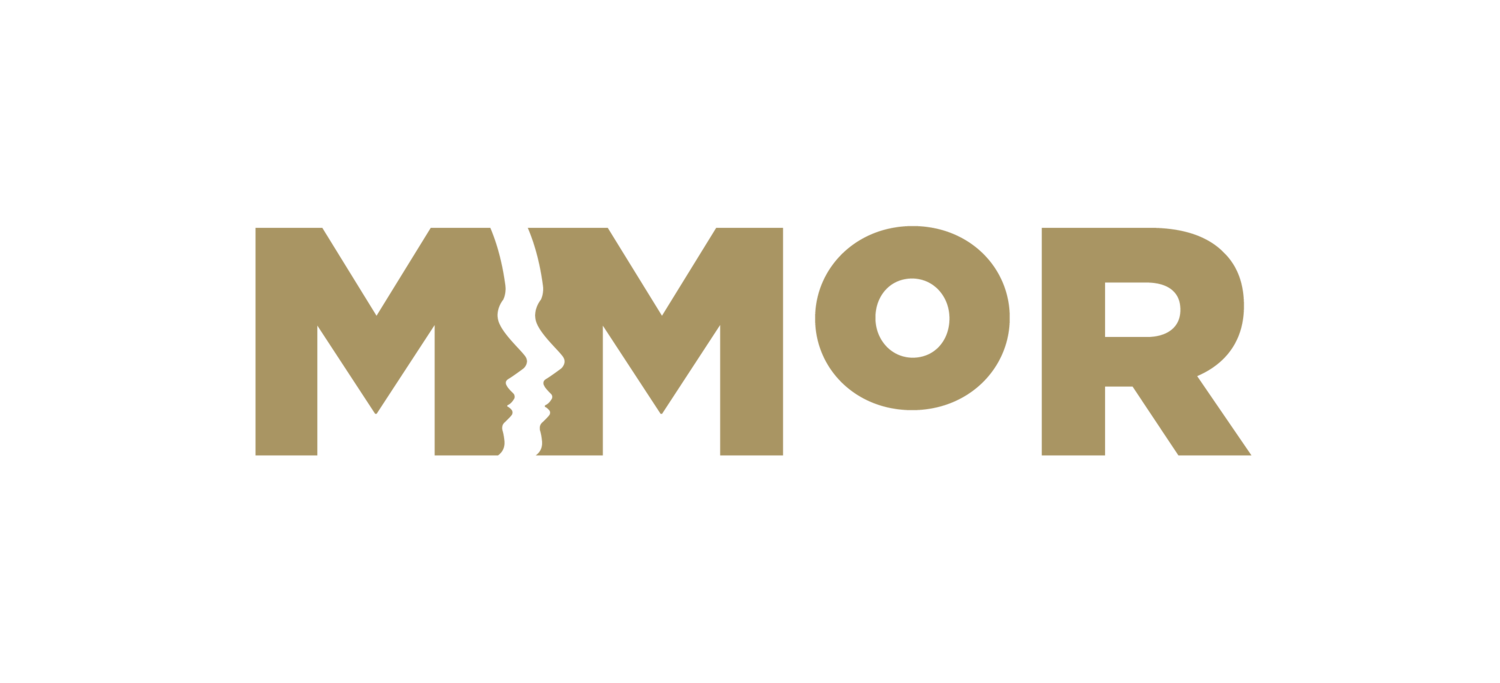Spring Update 2024
Welcome to this Spring update from the Medicine and the Making of Race project. We've had a busy term and are looking forward to more events and opportunities to connect with our research community this summer.
We'd firstly like to highlight our current blog series, following on from a successful summer and autumn series last year. The series features incredible scholars and little known sources on slavery, medicine, and race-making and can be found on our website here. So far this year we've featured blogs from Ana Struillou, Barbara Di Gennaro Splendore, Benedetta Chizzolini and one from MMoR team member Eli Cumings. We will continue posting every other Monday for the remainder of the series, so keep an eye out for the remaining blogs.
2024 has seen the welcome return of our London's Records of Slavery Network meetings, with meetings in January and April connecting academic researchers with archivists, librarians and curators across private and cultural sectors to explore work on institutional links with the historical slave trade. Watch this space for a piece of impact work linked with this, which we are hoping to launch this autumn/winter.
In February the project welcomed Kevin Killeen from the University of York, who led a seminar on Thomas Browne and the role of skin colour between religion, science, and medicine in the seventeenth century. It was a great chance to link up with a group of scholars on the subject. Then in March we were delighted to host Urvashi Chakravarty for an evening reflecting on her award-winning book Fictions of Consent. The event, in conjunction with the Centre for Early Modern Studies, featured a panel of lightning talks from PGRs and ECRs whose research draws on and responds to the book. Thanks to Jamie Gemmell, Wendy Lennon, Lydia Valentine, Shanti Giovannetti-Singh, and our very own Eli Cumings for their talks. This was followed by a roundtable discussion between Urvashi and early modernists working within and beyond literary studies. In addition to MMoR PI Hannah Murphy, we were pleased to be joined by Charmian Mansell, Laura Gowing, and Hannah Crawforth for this panel (both panels pictured below).
Earlier this week we had a workshop on 'Crafting Race in Early Modern Europe'. This featured two pre-circulated papers from Zoltan Biedermann and Joseph da Costa, addressing different aspects of the relationship between artisans and race-making in early modern Europe. It was a fantastic opportunity to workshop some new work with fellow scholars.
In June, we are hosting a workshop on 'Medicine and Race-making in Early Modern Travel Accounts'. In this informal workshop, we will turn to early modern travel accounts as a site for exploring questions such as: How were medicine and race-making related in early modernity? How did medical expertise, medical practice, and medical encounters reify and/or disrupt thinking about human difference in the period? Did the identification (or disavowal) of medical expertise itself constitute a form of racial thinking? Over the course of the session, we will discuss a range of pre-circulated source materials from narratives by European travellers, traders, and medical practitioners. We warmly welcome participants with a range of disciplinary expertise to join the conversation! To sign up, or to ask any questions, please contact mmor@kcl.ac.uk. And later in June, we are lucky to be hosting a workshop on Barbados wills, organised by Jane Whittle of Exeter University, so watch this space for more details to come.
Of course, facilitating and underlying all these events is the core project research. Hannah and Eli have been presenting work in venues across the Europe and the USA, where they’ve benefitted greatly from the expertise and generosity of many colleagues. On 5th March, Hannah gave a paper in a series on “Sciences and the Historical Construction of Authority” run by OFFISS in Bologna. This research, on the role of medical inspections in the slave trade, links work undertaken in archives across England, the Netherlands, and Spain, and it was an exciting experience to workshop it with philosophers and historians of science.
More locally, it was a privilege for Hannah to visit the History Department at Royal Holloway, where she spoke on affect, attention, and slavery, and the German Historical Institute where she had the opportunity to speak with Sarah Maria Schober on a linked panel attending to artisanal race-making. Hannah spoke about skin and scarification, and Sarah Maria’s paper on wigmaking, hair, and race-making raised fascinating points of connection with our work.
Eli, meanwhile, has also been busy. Not only is she leading a special issue arising out of her wonderful Autumn conference on Race and Christianity, she presented article-work on Spenser, famine and the politics of pity, at the British and Irish Spenser Seminar, and organised a linked set of project panels at Renaissance Society of America, where she also presented new work on medical race-making in early modern sermons. You can see more about the project’s experience at that wonderful conference here.
Project members have attended other conferences and events, not least Race, Empire and Medicine at Edinburgh, Materialism and Metaphysics at York, and the first meeting of an ongoing set of workshops around Hans von Gersdorff’s Feldbuch, organised by Allison Stielau and Jess Bailey at UCL. Before summer, there is one more major commitment left: the Social History of Medicine’s Conference, “Resistance” in Glasgow, where Hannah joins a panel with Suman Seth and Kevin Siena in July. This is part of a longer set of conversations and research collaborations, with exciting news to arise, hopefully next year.
In project team news, we are looking forward to welcoming Carolin Schmitz back from maternity leave at the start of June, it will be fantastic to have her back on the project. Then at the end of June, we will sadly be saying goodbye to Eli Cumings who is taking up a brilliant opportunity at Columbia University, where she will be joining the Society of Fellows and starting work on her first book.


